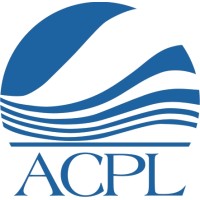
Allen County Public Library
Our mission: Enriching the community through lifelong learning and discovery. The Allen County Public Library provides unlimited education, entertainment and information to the people of Allen County, Indiana and beyond. Working together, staff at our 15 locations offer physical and digital materials, computer access, classes, art exhibitions, programming, databases, custom reference services and more to all ages. Some people walk through our doors and others access the library online. However you decide to visit, know that customer service is our number one priority. We are here to serve you!






